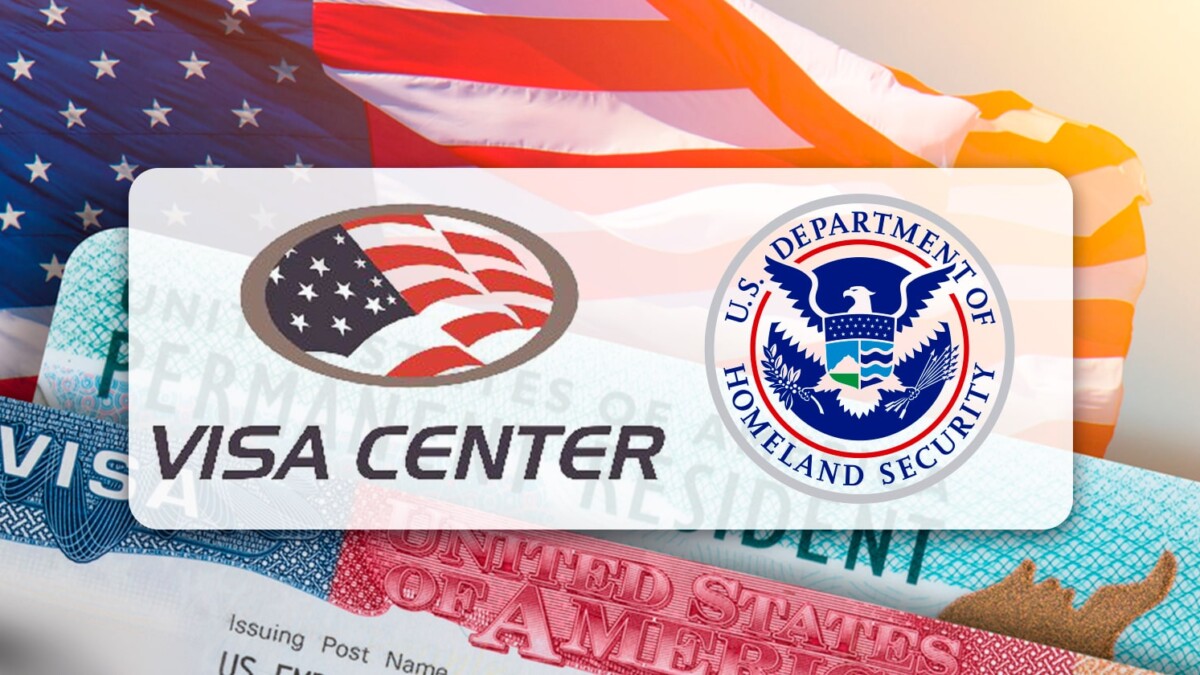The family sponsorship management process involves procedures that can be somewhat confusing for applicants and beneficiaries, as there are two entities involved in processing, and if there are changes in preliminary immigration procedures, it’s necessary to adhere to a single channel, but not all citizens are duly informed about this.
Indice
Avoid Unnecessary Payments in the Immigration Process
Thus, with two institutions involved after executing variations in the initial application, the petitioner runs the risk of being charged unnecessary fees by two different paths, which would only bring financial losses that could be perfectly avoidable if one knows what to do in these cases.
Let’s start with an explanatory basis: when an applicant submits Form I-130, Petition for Alien Relative available at this link to demonstrate the relationship they have with the eligible family member who wishes to immigrate or permanently settle in the United States through a Permanent Resident Card (also known as Green Card), the case is processed at USCIS (United States Citizenship and Immigration Services).
Approval Process and Consular Procedure
The corresponding consular procedure according to the legal regulation of immigration policy is activated to determine if this petition is viable and qualifies within the eligibility requirements to obtain the Permanent Resident Card.
Once the Form I-130 Petition for Alien Relative has been submitted, USCIS will notify the petitioner if their application has been approved or denied. If it is denied, the reasons will be argued in the notice and if there is also the possibility to appeal the decision.
Meanwhile, if your petition is approved, USCIS transfers the approval to the Department of State’s National Visa Center (NVC), where your case remains open until a visa number is available to finalize the procedure.
Communication with NVC: Key to Avoid Duplication
Now, what happens if there is any significant change during this procedure? In these cases, you should contact NVC directly if there is any change in the process.
But regardless of these variability factors mentioned before, there are other significant changes that must be reported to avoid advancing two processes at the same time.
And this applies if the immigrant applies in another order for legal entry into the country, there are modifications to the current bill, or if the immigrant can benefit from Section 245-I of the INA (Immigration and Nationality Act), which establishes a status adjustment to obtain legal permanence.
When you communicate your situation of executing the consular procedure from the United States and not from a foreign country, the case is not definitively closed but paused, thus avoiding continuing with this procedure that – if continued its legal course by the NVC – would process a visa at the U.S. Embassy in the immigrant’s country of origin, which implies more expenses, more document submissions, and more form completions.
So, if you are involved in this visa application procedure through the submission of Form I-130, and your case has been approved and subsequently sent for consular processing by the NVC, but you are adopting a change of status or another proceeding, communicate your situation to the National Visa Center through access to this link.
Previously, new information regarding particularities and requirements when submitting Form I-130 was released, establishing the corresponding update for the current year.
✅Para Recibir TODAS las Noticias GRATIS 👉Síguenos desde Aquí

